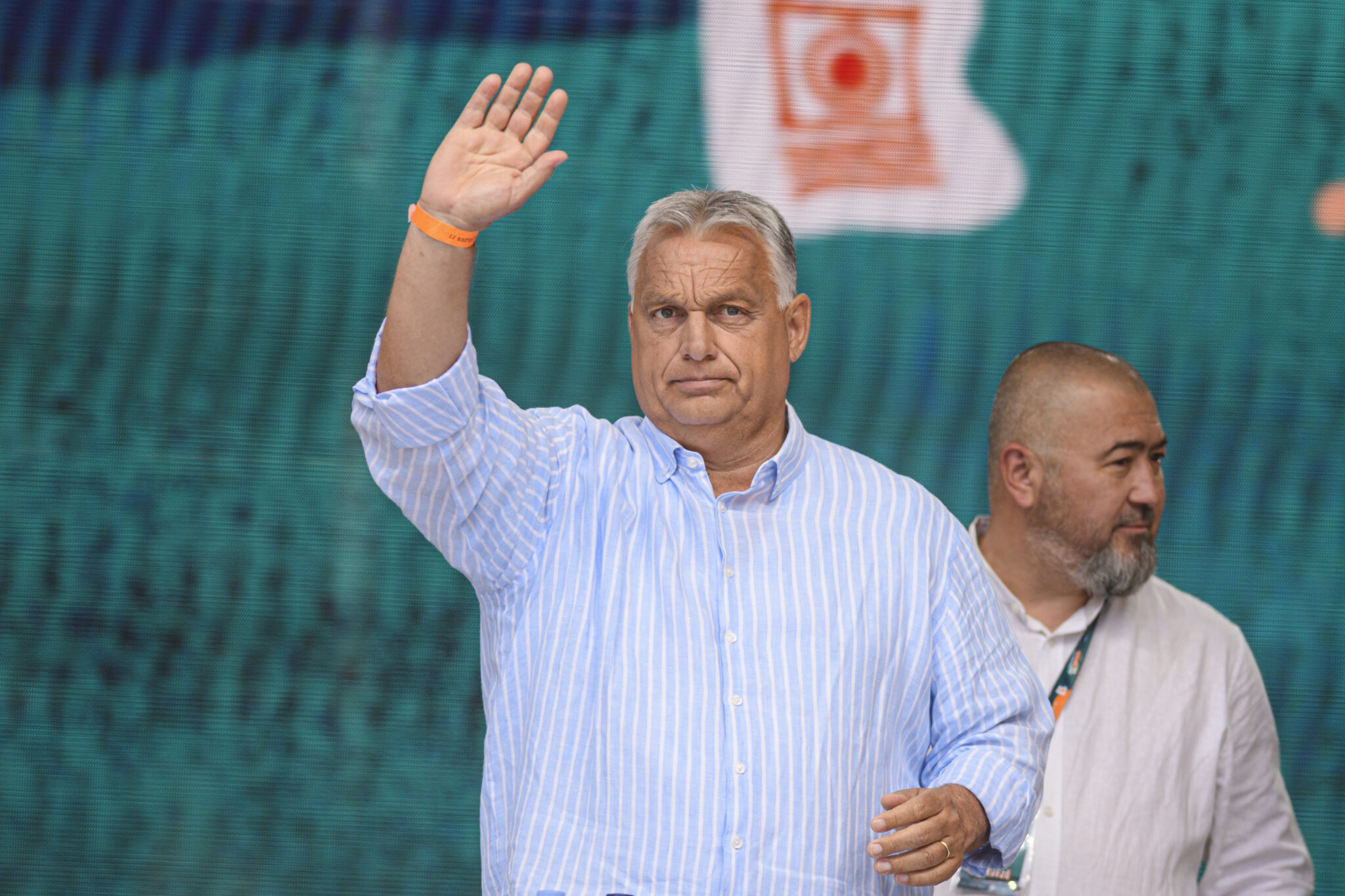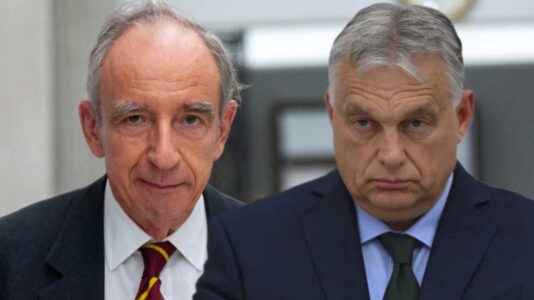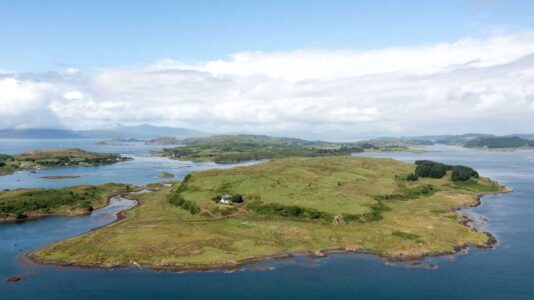Speaking at the “Bálványos Free Summer University and Student Camp” in Romania, Viktor Orbán first set the record straight on who the government considers pro-war, that is, not just Ukraine and the West but also Russia, as Putin is not open to peace negotiations either. He further clarified that for Ukrainians, this is a war of self-defense against an aggression that violates international law, while Russians are fighting against the stationing of NATO troops in Ukraine.
Orbán also surprisingly had many words of praise for Ukraine, saying that its “strength and resilience exceed all expectations” and despite brutal levels of emigration, corruption, and the very weak functioning of the Ukrainian state for decades, “it is actually a strong country” that found a vocation in the war. “Its new mission is to be the eastern border region of the West,” he stated.
In the wake of the sanction against Russia’s Lukoil, preventing it from using the Druzhba pipeline and seriously threatening Hungary’s energy supply, Orbán seemed to offer up an excuse for Ukraine, saying that “what we, non-Ukrainians, see as aggressive demands” is actually “the demand of the Ukrainians to officially recognize their vocation internationally” as a bulwark of the West. Orbán knows what Zelensky is fighting for, even if he does not think their strategy will be successful.
On Russia, the prime minister does not see the country as a “rigid, neo-Stalinist autocracy” and instead considers it a technically and economically flexible country, adding that entrepreneurship and spontaneity are characteristic of all the post-Soviet countries that have successfully caught up in their own way.
He further commented on Russia’s performance in the face of global sanctions, noting that the massive formal and informal influence of the Russian state over actors in the national economy is not simply corruption that breeds nepotism and inefficiency, but also a guarantee that the Russian economy can effectively prepare for and adapt to shocks of a political nature.
On EU politics, of note were Orbán’s several positive statements about French President Macron. However, the Hungarian prime minister said that the traditional power center of European politics, the French-German axis has lost its dominance. Instead, the British-Polish-Ukrainian-Baltic-Scandinavian axis, in close cooperation with the United States, is in control, which explains the gradual shift of the Germans from a policy of peace policy towards increasingly intensive arms deliveries. As PM Orbán said, Olaf Scholz really only wanted to send helmets in the Russo-Ukraine war, and he really did not want the sanctions regime to extend to energy policy.
Orbán made sure to reiterate that Central Europeans consider the nation-state to be an important value that is rooted in national culture, carries common moral convictions, and can pursue a sovereign foreign policy. Meanwhile Western European countries, he says, have entered a post-national state; for them, the nation-state is a legal abstraction that can be overcome.
The prime minister also highlighted the primary challenge for the West and democracy. Since “the elites condemn the people,” they refuse to represent the shift to the right in politics, eroding trust between the people and their political elite and making representative democracy impossible.
“There is an elite that does not want to represent the people, and there are the people who are not represented,” he said.
In the past, Western values could be set forth as universal, i.e., beneficial and obligatory for everyone, because “modern development” and prosperity were exclusively Western. But today, the Chinese, Arabs and Turks have also become modern and “not at all based on Western values,” decimating Western soft power.
The developing world no longer sees Western values as unavoidable, a must, so Western values, such as LGBTQ ideology, are today “demonstratively unacceptable in more and more countries of the world.”
Prime Minister Orbán laid out his argument that change in the world order is an opportunity, requiring Hungary to develop its own path, different from that designated by the EU mainstream. However, he also reiterated a firm stance in favor of Hungary’s EU membership and even noted that were such a change in the world order to pose a threat to Hungary, alignment with the mainstream EU policy would be justified.






